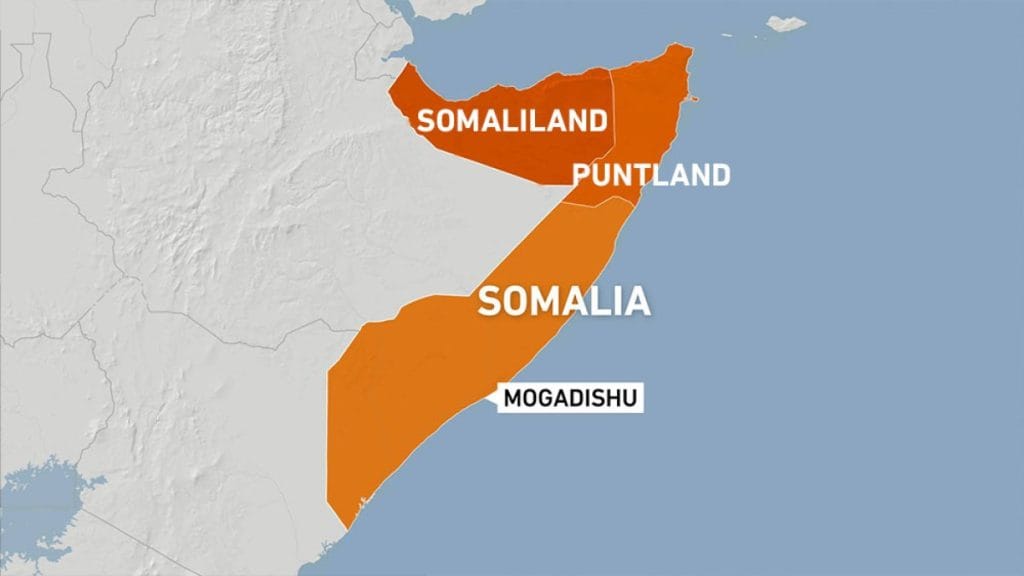Somaliland’s Presidential Election Paves the Way for New Leadership Amid Internal Tensions
Somaliland’s recent presidential election, held in November 2024, marked a significant moment in the region’s political landscape, reaffirming its reputation as one of the more stable democracies in the Horn of Africa. The election saw opposition leader Abdirahman Mohamed Abdullahi “Cirro” secure a decisive win, with 64% of the vote, signaling a peaceful transition of power that is rare in the region. However, the process was not without its challenges, particularly with rising internal political tensions and a long-standing conflict in the east of the country.
Despite these difficulties, Somaliland’s political institutions demonstrated resilience, with the National Electoral Commission and the Supreme Court ensuring the smooth conduct of the elections. The outgoing president, Muse Bihi, whose leadership faced criticism for his handling of clan-based grievances, including the conflict in Sool, did not contest the results, further demonstrating the country’s commitment to democratic processes. This peaceful transfer of power marks a positive development for Somaliland, even as the country grapples with underlying issues of clan dominance and regional divisions.
As noted by Crisis Group expert Omar Mahmood, the internal tensions in Somaliland, particularly with the Dhulbahante clan in the east, have strained its political cohesion. The aftermath of the election highlighted the continued political divides, with voting largely influenced by clan loyalties. The new government must now navigate these tensions, ensuring greater inclusivity and addressing the grievances of marginalized groups, particularly those in the east and west of the country. Mahmood emphasized that Somaliland’s leadership needs to engage in dialogue and reconciliation with these communities to prevent further unrest.
The newly elected administration under Cirro faces the critical task of managing these internal divisions while also seeking a broader diplomatic strategy. One of the most pressing issues is the potential impact of a memorandum of understanding signed between Somaliland and Ethiopia earlier in 2024. The deal, which sought to grant Ethiopia access to Somaliland’s strategic ports, stirred tensions with Somalia and has become a focal point in the region’s complex diplomatic landscape. Mahmood suggests that the incoming administration should prioritize economic cooperation with Ethiopia while avoiding escalations that could hinder relations with Somalia.
Looking ahead, the administration must focus on enhancing political inclusivity, particularly by addressing the underrepresentation of women and non-Isaaq clans in the political process. Mahmood also stressed the importance of reforms to the political system, especially regarding the Guurti, Somaliland’s upper house, whose members have far exceeded their original mandates.
The peaceful conduct of the election and the smooth transfer of power offer a glimmer of hope for Somaliland’s future, but the country’s long-standing issues with clan politics, internal conflict, and external recognition remain pressing challenges. As Mahmood pointed out, the next steps will be crucial for maintaining stability and ensuring the continued growth of Somaliland as a democratic entity in a volatile region.
